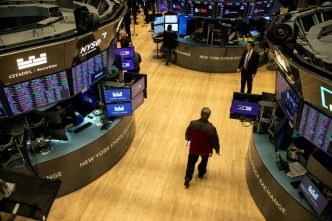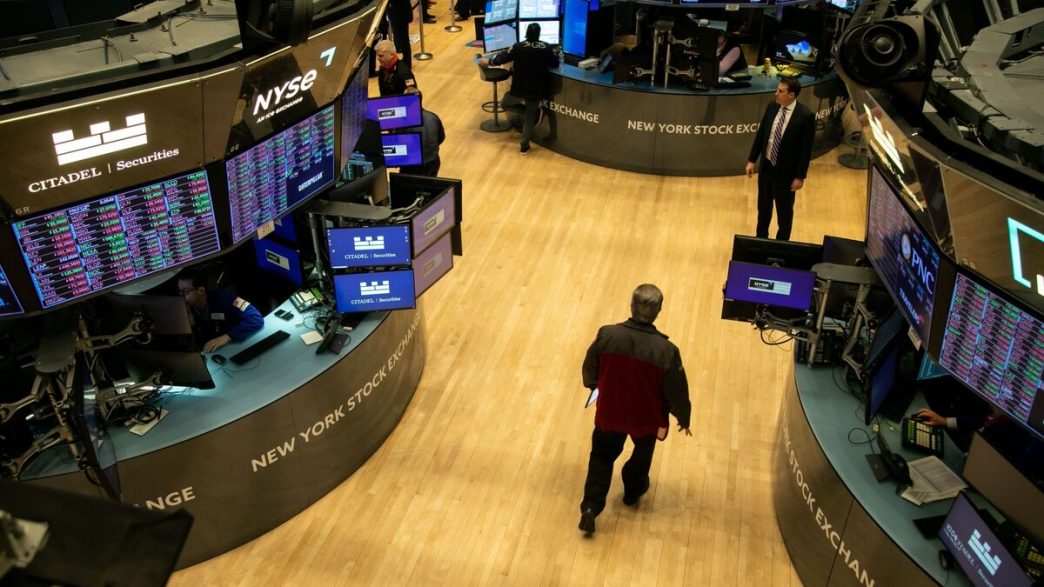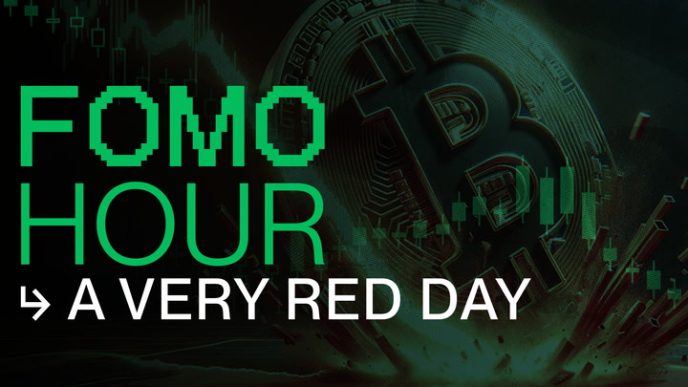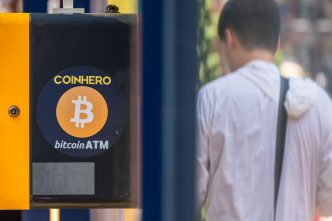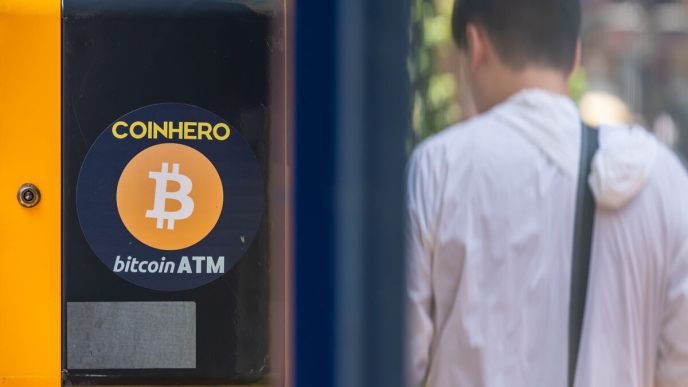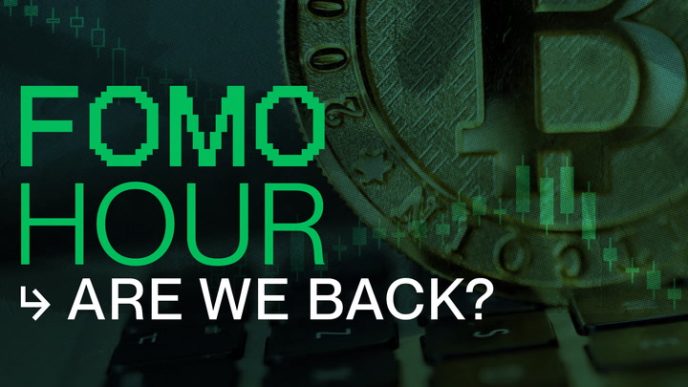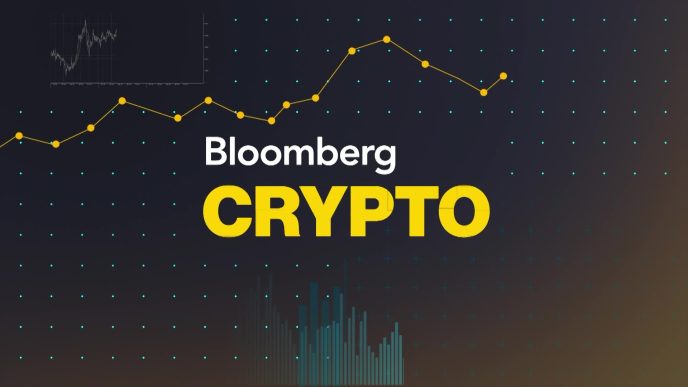Market crashes usually have the same mechanism. People like a thing, so they buy it, so it goes up. More people like it, so they buy more of it, so it goes up more. It goes up steadily enough that people think “ehh I should borrow some money to buy even more of this thing,” so they do. Eventually a lot of very leveraged investors own a lot of the thing. Then something goes wrong with the thing, its price goes down, the leveraged investors get margin calls, and they have to sell the thing to pay back their loans. Their losses are big enough that they have to sell other things, things that were fine, to pay back their loans on the thing that went wrong. The big leveraged investors who owned a lot of the thing that went wrong also all own the same other things, also with leverage, so there is a generalized crash in the prices of the things that big leveraged investors own.
In the special case in which the big leveraged investors are banks, this sometimes leads to a contraction in credit and serious economic consequences. In the general case in which the big leveraged investors are hedge funds, it’s mostly fine.
Source link
Matt Levine
https://www.bloomberg.com/opinion/articles/2024-08-05/the-good-trades-have-gone-bad
2024-08-05 07:00:00

